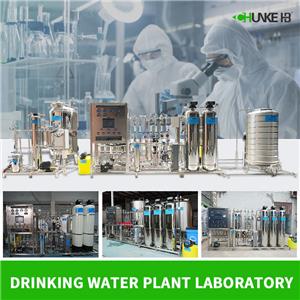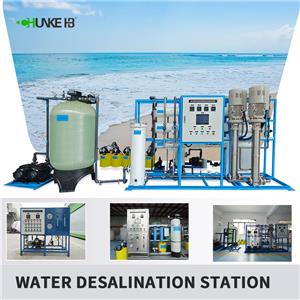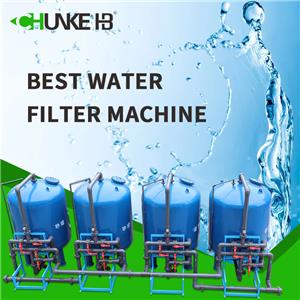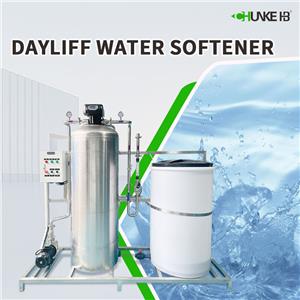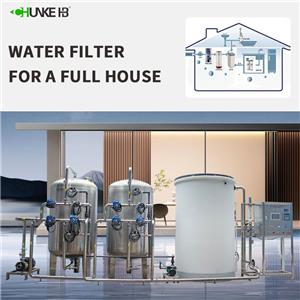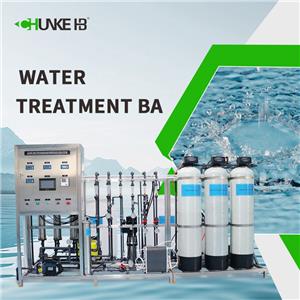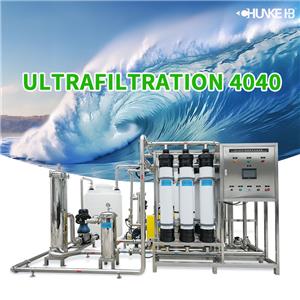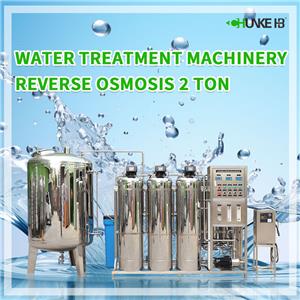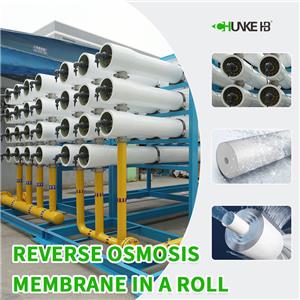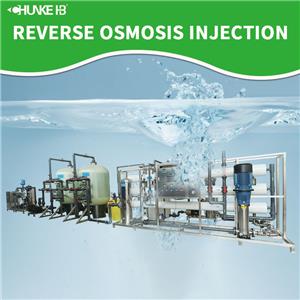-
09-05 2024
Does the laboratory of a drinking water plant need water treatment equipment?
Common types of water treatment equipment used in laboratories are 1. Reverse osmosis (RO) system 2. Deionization (DI) system 3. Ultrapure water system 4. Distilled water machine 5. Activated carbon filter 6. Ultraviolet disinfector
-
09-04 2024
How much electricity does a large desalination plant need to operate for a day?
From the above analysis, it can be seen that a large-scale reverse osmosis desalination plant with a processing capacity of 500,000 cubic meters per day consumes about 1.5 million to 3 million kWh of electricity in one day of operation.
-
09-03 2024
Which household water filter is the best?
Reverse osmosis water filter is widely regarded as one of the most effective home water filters due to its efficient filtration capacity and high-quality water quality. For families with poor water quality or high water quality requirements, RO water filter is undoubtedly the best choice.
-
09-03 2024
Is it better to install a water softener or not?
If the water hardness of the home is high and scale problems frequently occur, installing a water softener can effectively improve the water quality and protect household appliances and pipes.
-
09-02 2024
What size water filter is needed for the whole house?
Household water consumption is the primary consideration for selecting the size of a water filter. Generally speaking, the water consumption of an average family is as follows: ● One-person family: about 200-300 liters/day ● Three-person family: about 500-600 liters/day ● Five-person family: about 800-1000 liters/day
-
09-02 2024
What is the most effective water treatment method?
Reverse osmosis (RO) technology is considered to be one of the most effective water treatment methods. Reverse osmosis technology uses semipermeable membranes to efficiently remove dissolved salts, organic matter and microorganisms in water, and can provide high-quality purified water.
-
08-28 2024
Is Ultrafiltration Better Than Reverse Osmosis Systems?
UF systems are suitable for occasions with good water quality, demand for mineral retention, and low operating costs, such as household drinking water and agricultural irrigation. RO systems are suitable for occasions that require high-purity water sources, such as industrial water and medical.
-
08-27 2024
How much does it cost to maintain a 2-ton RO water treatment system?
The annual cost of maintaining a 2-ton reverse osmosis water treatment system is approximately between $3,700 and $6,900, depending on the quality of the equipment, water quality conditions, frequency of use, and maintenance management level.
-
08-27 2024
What membranes can be used for reverse osmosis? What are their advantages?
Cellulose membranes are mainly made of cellulose acetate and were widely used in reverse osmosis systems in the early days. Cellulose membranes have good chlorine resistance, but poor stability under high temperature and low pH environments.
-
08-26 2024
Can reverse osmosis water be used for injection?
Although reverse osmosis water has high purity and sterility, it cannot be used directly for injection. The main reasons include: reverse osmosis water cannot completely guarantee sterility, endotoxin risk, and different purity standards (it may still contain trace impurities).





